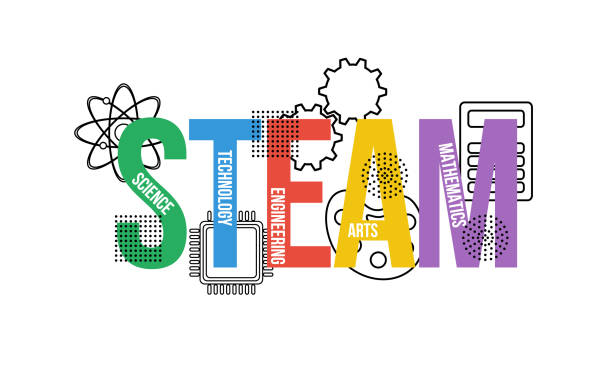
6 Unusual Careers for Future STEM Majors
Posted May 13, 2016, 1:00 pm by
Many students assume that a STEM degree will lead to a career as an engineer or a researcher, but this is not always true.
Science, technology, engineering and math degrees have many applications outside of what you might imagine when you are considering a course or, say a summer chemistry camp.
Here are six careers you might not have imagined:
1. Medical illustrator
Medical illustration combines the arts and science. Medical illustration is a small, highly competitive field, and most individuals who work in this area have a master’s degree in medical illustration. In order to prepare for their careers, prospective illustrators should take a full complement of sciences, including courses in anatomy, biology and chemistry.
2. Pastry chef
Baking is also a science and an art, and chemistry enhances your ability to create pastries with just the right taste and texture. Pastry chefs should understand baking science and the biology of food safety and they should also have a thorough grounding in math, both to calculate quantities in recipes and to address business aspects of the food industry. There is a wide range of educational programs available for aspiring pastry chefs, from one-year certification programs to advanced degrees.
3. Metalsmith
Metalsmithing, which includes any kind of metalwork from blacksmithing to locksmithing, involves a combination of art, chemistry and physics. Metalsmiths can be self-employed or they can work for a company or perhaps a preservation organization. Most metalsmith degree programs are offered through art departments, but they require a thorough understanding of the science of metals. Metalsmiths can also receive training in short-term programs offered by trade schools or practicing metalsmiths.
4. Commercial diver
Commercial divers do diverse jobs, such as bridge inspection or welding, but they do it all underwater! As a commercial diver, you should be knowledgeable about a specific trade but you should also understand anatomy and physiology, math and physics. In order to become a commercial diver, you will need to complete either a commercial diving certification program or a degree in commercial diving. In either case, you will take a full complement of math and science classes, including diving physics.
5. Penetration tester
Penetration testers are employed by the government and by private firms to test cybersecurity. Their job is to hack into networks in order to locate weaknesses and then to suggest ways to fix them. Penetration testers must have a thorough understanding of computer science, and they typically have certifications or degrees in areas like computer science, information security, or programming. Experience in internet security is a must, and there is also a “Certified Ethical Hacker” (or CEH) certification.
6. Gameplay engineer
This person is the lead computer scientist who takes the artistic vision of a video game developed by writers and artists and makes sure that it actually works as a game. The gameplay engineer is in charge of all the technical and scientific aspects of the video game design and so has to know major computer programming languages and gaming physics. It also helps to be a troubleshooting guru.
[Want more? Search for STEM Program NOW]
Blog Categories
- Career Advice
- College Admissions
- Colleges & Universities
- Financial Aid and Scholarships
- For Counselors
- For Parents
- For Students
- Gap Years
- Mental Health and Wellness
- Online Learning
- Performing and Visual Arts
- STEM Majors and More
- Summer Programs
- Teen Volunteering
- Trade & Vocational Schools
- Tutoring & Test Prep

Organization with listings on TeenLife? Login here
Register for Free
We’re here to help you find your best-fit teen-centered academic and enrichment opportunities.
Forgot Password
"*" indicates required fields








